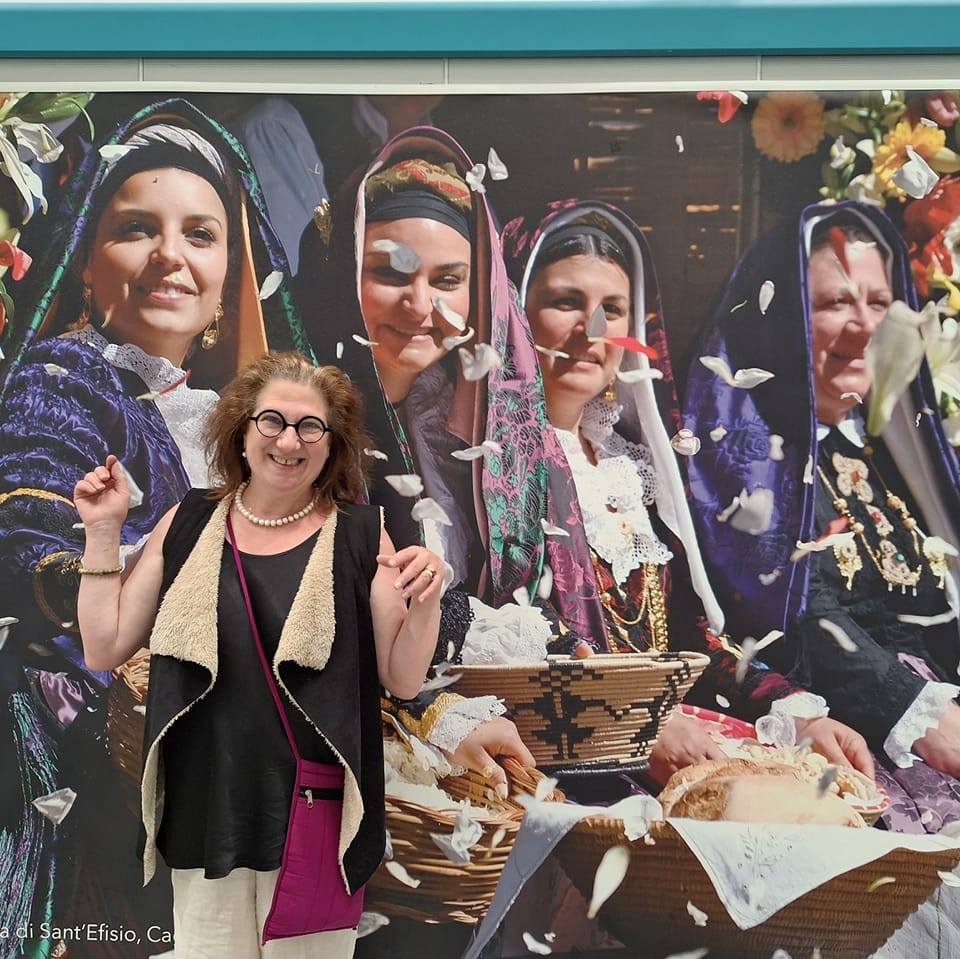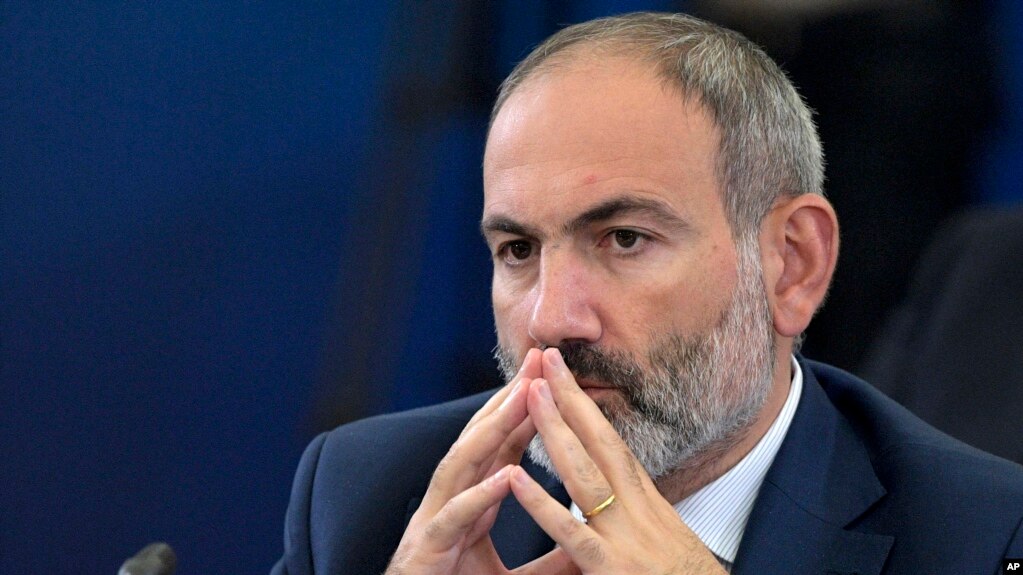
Italian poet Laura Grimaldi had a rich and dynamic career. She was born in Liège, Belgium (1958), and moved around Italian cities, working in psychiatry with young foster children. She teaches Italian and French and worked at Ceran (International Language School).
By Arthur Blok & Emad Aysha
Her works have appeared in Italian, Russian, and Arabic, and she divides her time between Paris, Tunis, Marrakech, and Cairo. In June 2023, she was at the Marché de la Poésie in Paris to present her collection Terre d'Âmes, published by Editions L'Harmattan. A second collection and a novel are currently being prepared.
For Grimaldi, poetry is a breath of life, a way of being in the world. “It is music, harmony, a way of stripping ourselves bare. It's a flight; it comes from the soul and touches souls. These are words with a thousand vibrations.”
She got interested in poetry at a very young age. “My first contact with poetry was oral. I was lucky enough to attend French diction classes when I was 6-7 years old, and I loved having words in my mouth. I loved reading aloud, and this pleasure led me to read and recite a lot.”
Writing came later in her life, in her teens. “At that time, I wrote down what I couldn't or didn't want to say. Then, following a painful episode in my life, I started to write again. As a form of self-therapy, I was letting go and, at the same time, filling myself up.”
Most recently, she was in Egypt with an ensemble of Arab and foreign poets in a cosey literary event by Arwiqah for publishing and translation (9 February 2024). She dazzled the audience with a poem dedicated to Palestine, read in French and Arabic:
“In the trances of the world,
the jolts of our mother
float
feathers and calumets
of our Amerindian brothers
In the unfulfilled arms
of chosen peoples
weep
the souls of ancestors
reddened by the blood
of the innocent
Emerging from the horizon
over the olive trees
His shadow scans
the desert of violated memory
He flies over his past.
in search of
his buried adolescence
On this land that is his
Let the light breath of life
Caresses his peach cheek
Taking with it
the pain of seasons past
Forgotten genocides
in the land of freedom.”
French poet and screenwriter Jacques Prévert was one of her idols when she was young. She also idolized songwriters such as Léo Ferré, Brel, Léonard Cohen, Rimbaud, and Victor Hugo. Later, the surrealist poet Paul Eluard became a shining light.
“Prévert says, in French, I am who I Am, is for me a poem with an almost childlike rhythm, virtually a carefree ditty in which the lightness of tone embodies the independence of the beautiful girl who can laugh out loud and follow her wandering heart and her young body eager for pleasure.”
“For Hugo, taken from Contemplations, published in 1856, ‘Demain, dès l'aube...’ is a poem of love and mourning. Victor Hugo wrote it as a tribute to his daughter Léopoldine, who died on 4 September 1843. In it, he recalls his annual pilgrimage to her grave.”
“Poets like Khayyam, Hafez, Rumi, Mahmoud Darwich, Abellatif Laabi, and François Cheng are part of the circle of poets I love deeply. I continue exploring the world of poetry and discovering pearls to add to my necklace.
Grimaldi’s poems all have deeper meanings and various layers of emotions. “My first collection, Terre d'âmes, is my tribute to humanity, to which each poem pays homage. To which each poem pays homage. These are simple poems whose sole ambition is to highlight the distress experienced by many migrants and people in the name of humanity.
“The plight of so many migrants, so many peoples chased and driven from their homes. In three parts (Migrants of the World - The Earth and Us - Love is the Key), the book is a hymn to peace, so hard to achieve. A gentle lyricism links the poems and compels the reader to live better in today's world.”
It is undoubtedly not easy to summarize Grimaldi’s work. For her, the poems are her vision of the world we live in today. They affirm her humanity with all its positive and negative aspects, a way of looking beyond good and evil. It's a way of delving into herself and saying what she is and how she wants to live.
“I am talking about love, but it's also committed poetry, not linked to a political party because poetry goes beyond that for me. It's our link to the human race and the Earth that we inhabit, with words that love each other.”
Mozart once said: "I'm looking for notes that love each other. Grimaldi translates this: “I am looking for words that love each other. It means escaping roles, obligations, and constraints of all kinds and taking risks. Above all, it's about my space for freedom.”
More information on Grimaldi’s work can be found on her blog.






